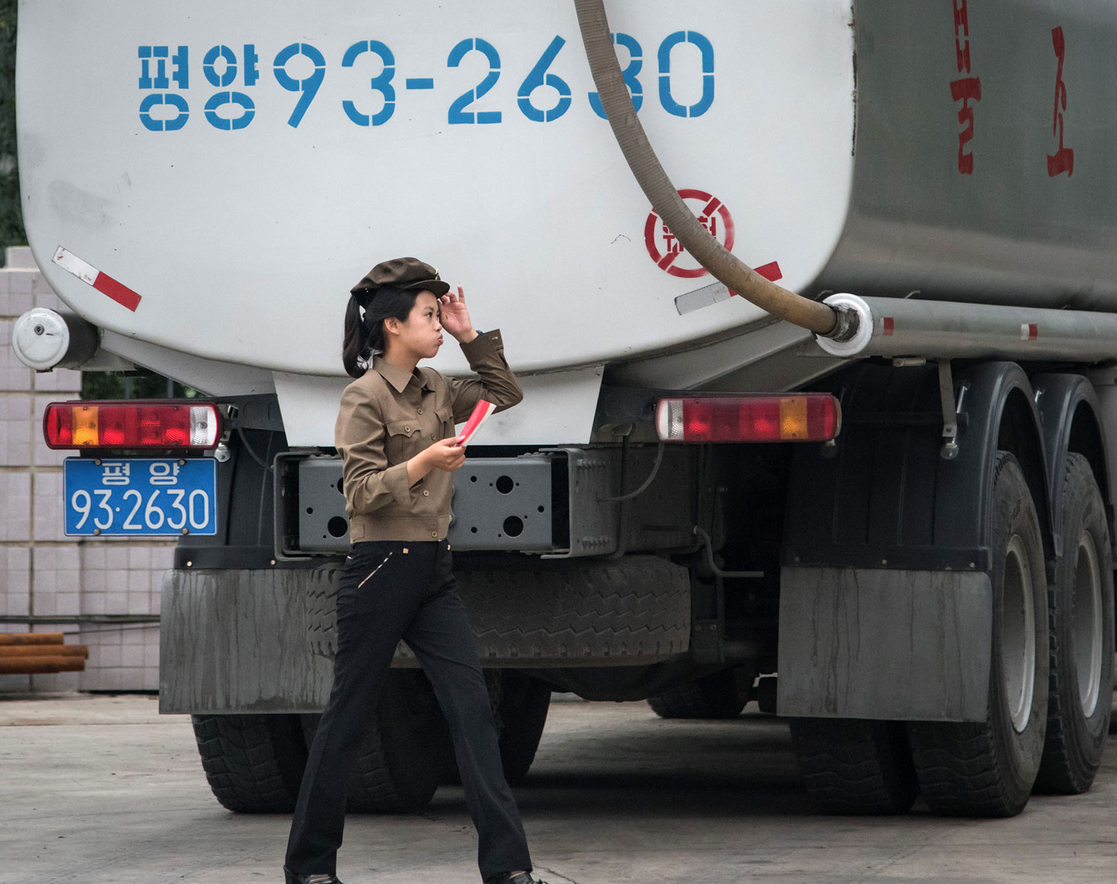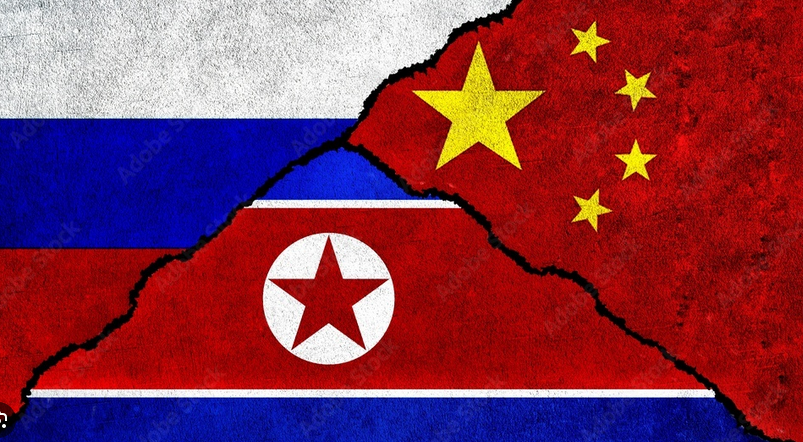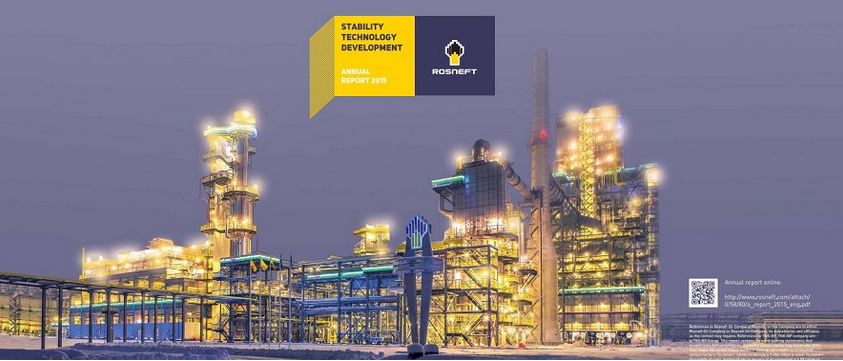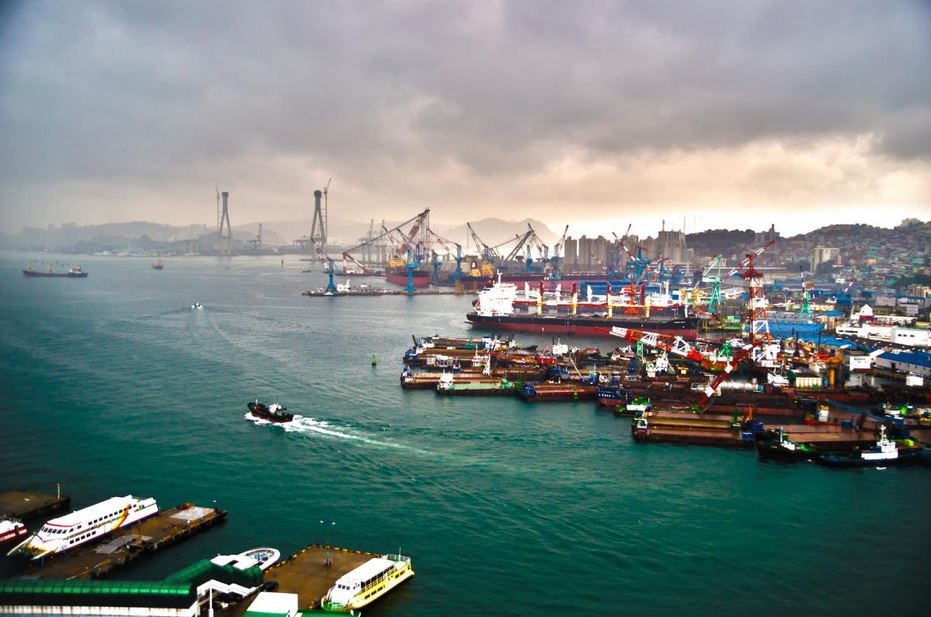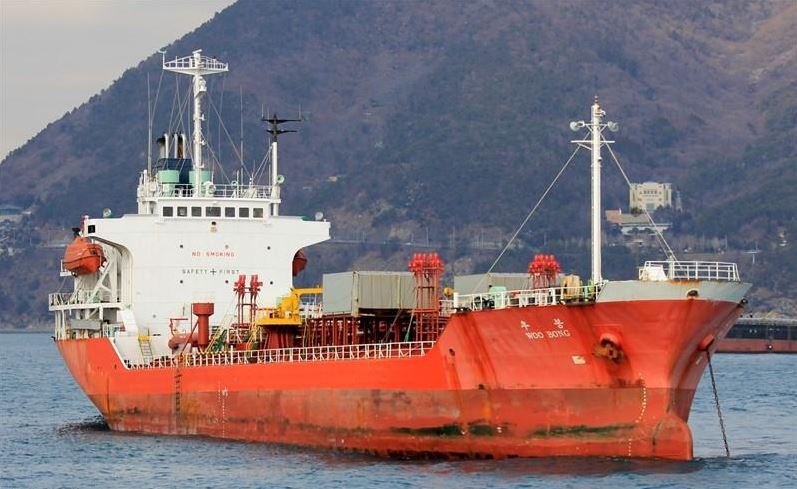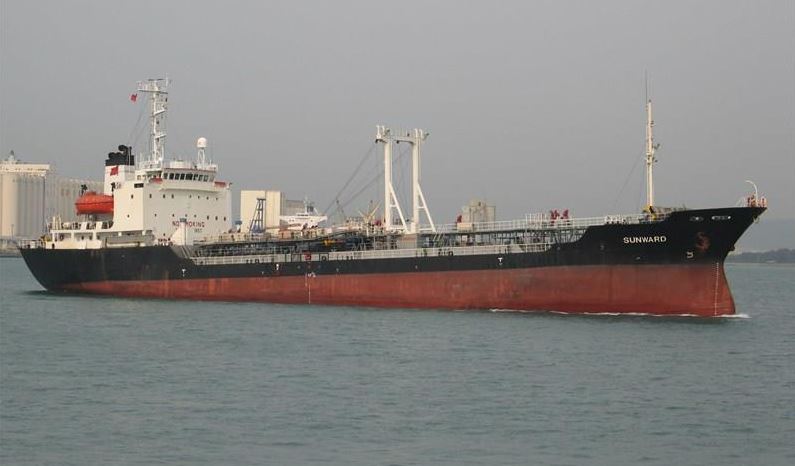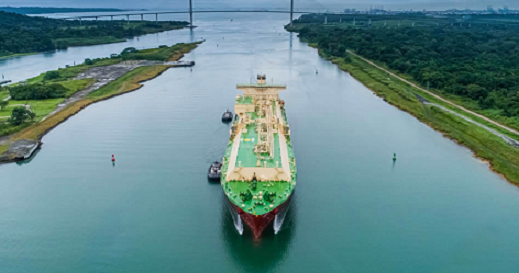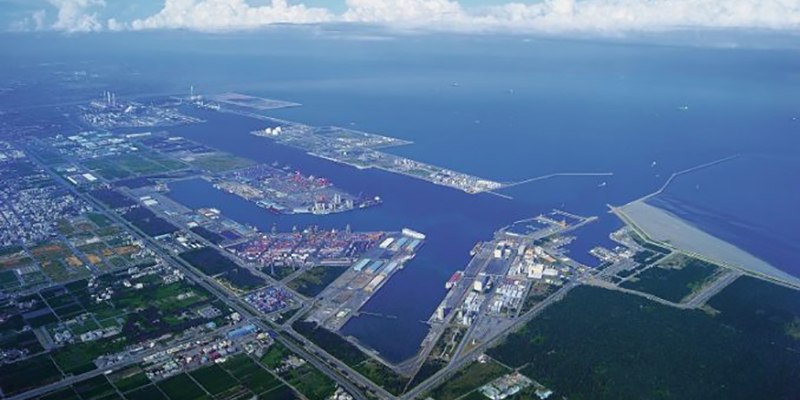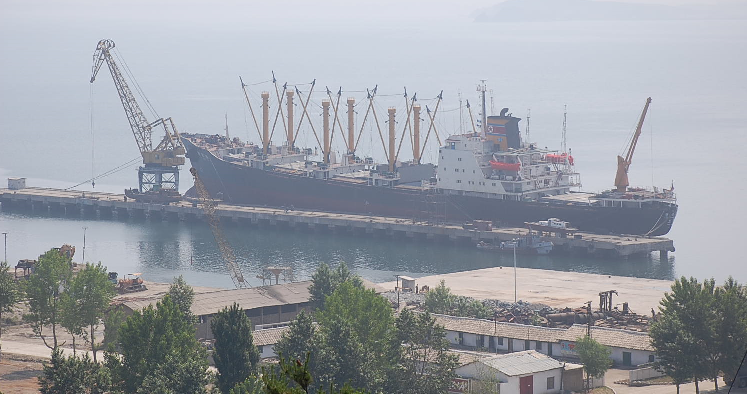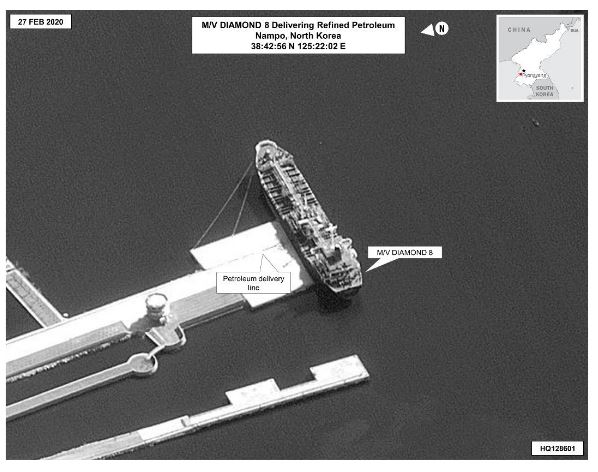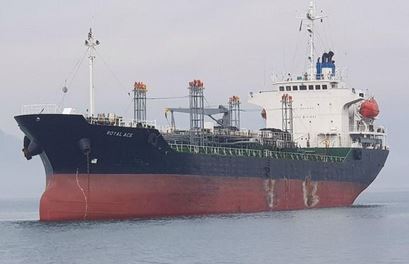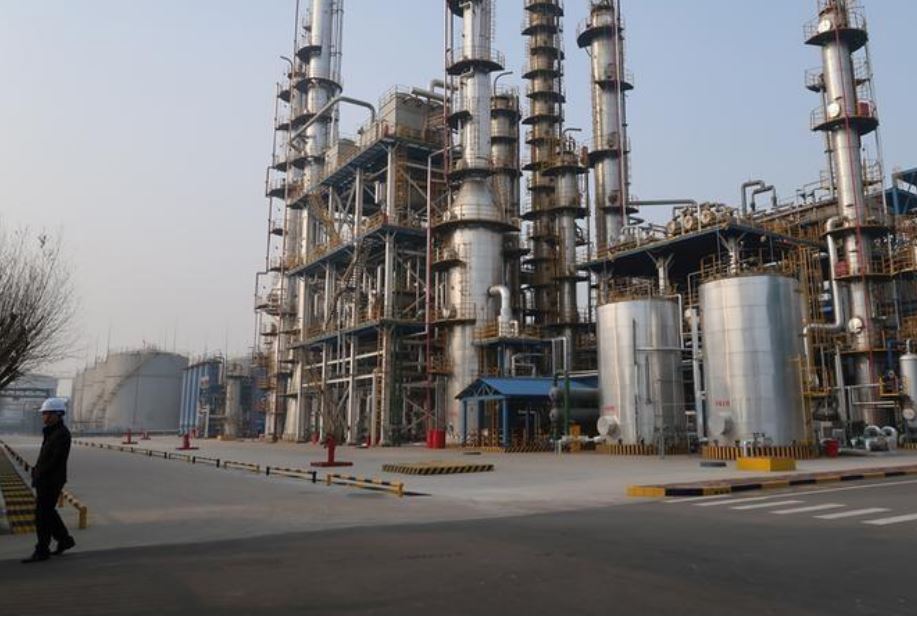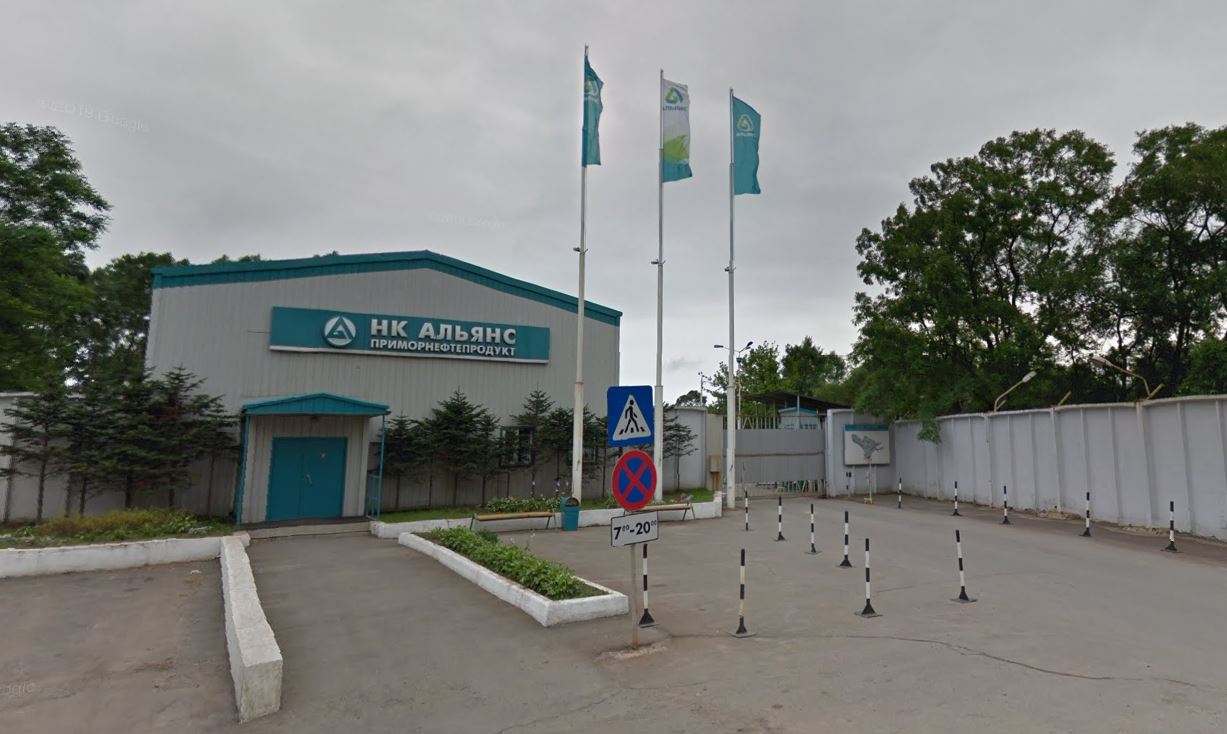Here at Pyongyang Papers, we have investigated multiple illicit oil trade deals so the following investigation will be no surprise to regular readers. The more strategic relationship between Moscow and Pyongyang has been powered by DPRK weapons sales to Russia, for use against Ukraine. South Korea estimate that North Korea has shipped 6700 containers of ammunition since September 2023. We do not believe the North Korean regime would do this without some form of payment and it appears that fuel and oil is likely part of Russia’s offer.
From previous deals of this nature, we know that the DPRK are proficient at using “middle men” to hide their trade deals but recent activity by Russia and North Korea appears to be more bold. After the recent Russian veto, the UN Panel of Experts is currently disbanded and the US have been quick to announce new sanctions will be imposed on Russia for transporting more than 165,000 barrels of refined petroleum to North Korea in March alone!
Reports of Russian oil heading to North Korea
The Russian supplies of oil to North Korea were first reported by the Financial Times and the Royal United Services Institute (RUSI) in March and included satellite imagery of North Korean tankers docked in Russian ports. However, this is not the only oil deal between Russia and DPRK. Pyongyang Papers have been informed that a North Korean entity named Sinyang Corporation are working with a Russian representative on a deal to supply hundreds of thousands of tonnes of Russian diesel oil to North Korea. We believe that the first shipment was delivered in March.
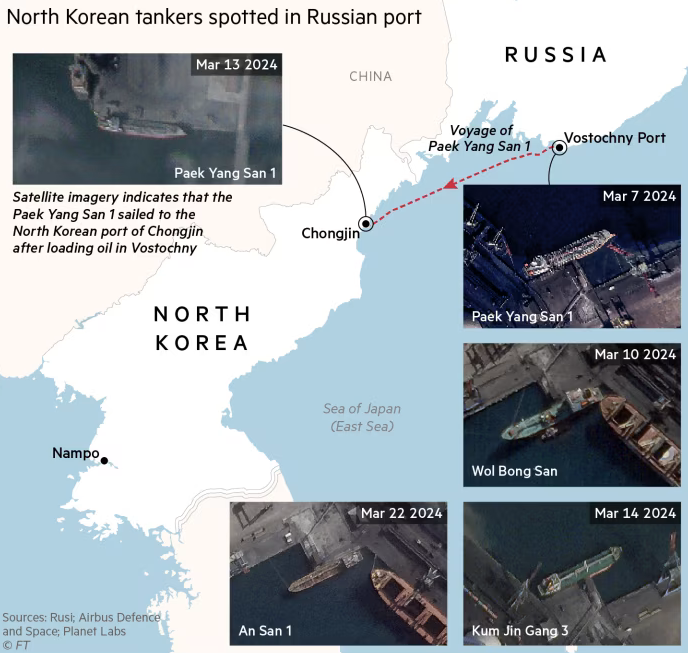
Under UN sanctions imposed by the 1718 committee, countries are legally required to report sales of refined petroleum to the Security Council. However, with the committees Panel of Expert mandate now expired Russia and North Korea obviously believe trades of sanctioned cargo can be conducted directly with ease. We would be extremely surprised if Russia provides any honest reports of sales to the UN, even with the imagery above confirming North Korean activity at Russian ports!
Additional deals between the two countries
During our investigations, Pyongyang Papers also discovered another North Korean company looking to purchase diesel fuel from Russia. The Korea Sungnisan Trading Corporation was sanctioned back in 2022 for acting as a front company associated with the Ministry of Rocket Industry and continue to ignore sanctions imposed against them. The proposed deal involves using the already sanctioned Russian state transportation company, Sovcomflot, to deliver the diesel fuel into the North Korean port of Nampo. Sovcomflot were originally sanctioned in early 2022 due to the Russian invasion of Ukraine and were sanctioned again in February of this year. Recent reports from the CEO, Igor Tonkovidov suggest that sanctions are impacting the companies ability to trade. This may go some way to explaining why they are so keen to help facilitate trade with North Korea, especially if they think the shipments can go unpunished!
Sanctions may be impacting Russian companies but with North Korea’s desire for oil and help, they are able to find it all to easy to continue conducting sanctioned and often dangerous activity. The recent Panel of Experts Report contains a letter from 55 member states detailing a breach in the yearly 500,000 barrel cap of oil exports to North Korea before the middle of 2023 including imagery. The letter recommended that the committee should inform all member states to immediately cease any supply of petroleum products to the DPRK for the remainder of 2023. Of course, the evidence was disputed by Russia and China who both failed to endorse the proposal and continue to hamper efforts to limit North Korea’s nuclear and ballistic missile program.
Please get in touch with us if you have any information on the companies or trades mentioned in this article. Pyongyang Papers appreciates any information that could help with future investigations and articles.

